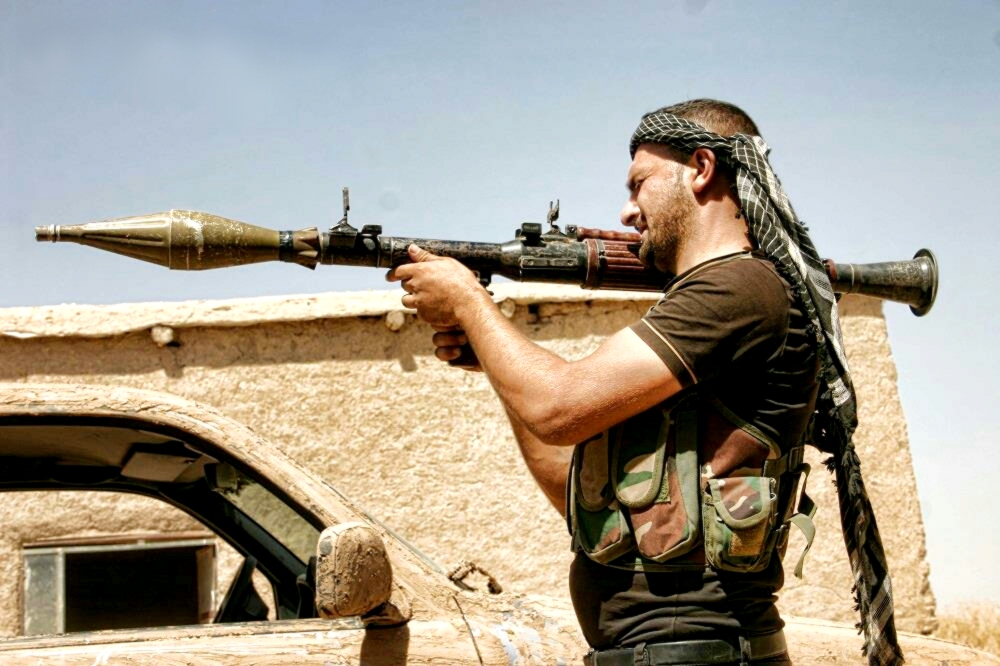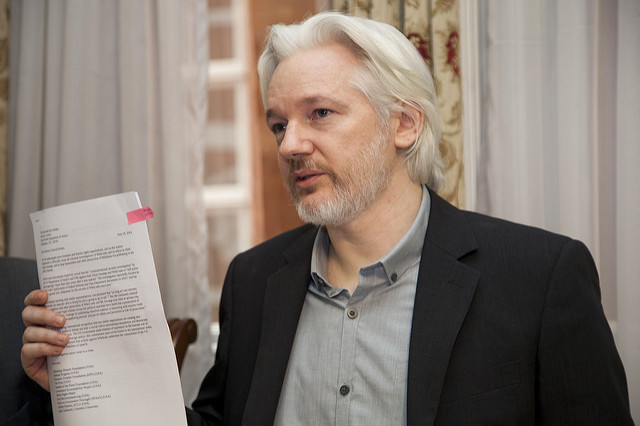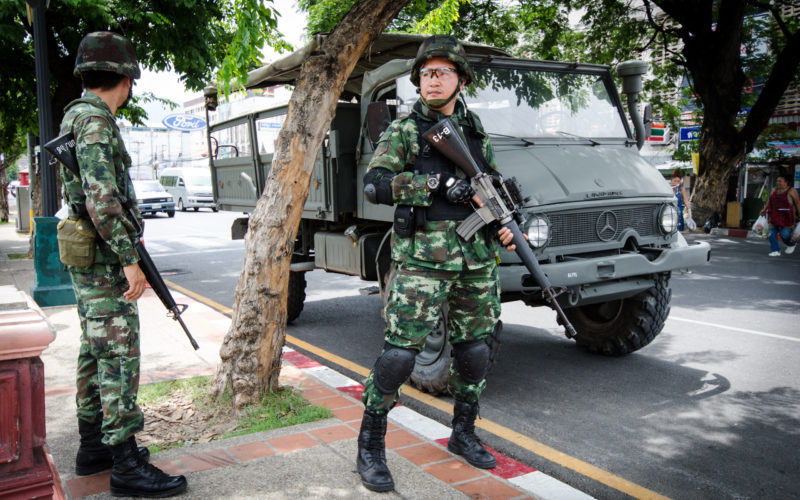Over the past five years, the mass atrocities within the war-torn territories of Syria and Iraq have been consistently documented in the media. Yet, none of the parties responsible have faced consequences for their actions. The main groups murdering and enslaving people within the Middle East region, including President Bashar- al-Assad’s forces, the Syrian rebels, the Kurdistan fighters, and ISIL, have not been tried and prosecuted. These crimes against humanity committed in order to gain control of territory have, in some cases, been described as genocide. The lack of prosecution has raised eyebrows among the transnational justice committee, given that the pledge of the International Criminal Court was to prosecute those violating humanitarian law. This state of affairs in the Middle East cannot be solely blamed on the ICC, because they lack jurisdiction over various states in the region.
While the whole world reacts in horror to the consequences of this war on terror, little has been done to hold these governments accountable. The structure of the ICC rests upon the Rome Statute, under which the ICC was founded. This foundational document aims to investigate crimes against humanity occurring in countries that are unable or unwilling to prosecute themselves. However, a state must first sign the Rome Statute in order for the ICC to be able to hold its citizens legally responsible.
As Iraq and Syria have not ratified this statute, the ICC cannot bring Iraqi or Syrian nationals to trial, which questions its authenticity as a universal court. ISIL cannot be the only one tried in the region. The “Assad Files”, the 600,000 pages of documents that were leaked to The New Yorker, has enough evidence alone to put Assad behind bars. The Kurds have also been known to commit atrocities in their fight against the Syrian regime. The ICC‘s lack of action in prosecuting is not just limited to regional jurisdiction.
International organizations are quick to point out that in the Darfur case, the ICC did not have jurisdiction, but was still able to try Omar al-Bashir on recommendation of the Security Council. In the case of the Middle East, the conflicting interests of the Security Council prevent any recommendations from being made to the ICC. With Russia currently backing Assad’s regime and the US supporting the Kurds and rebels, the ICC is in a difficult spot. These key powers inhibit the ICC from being able to hold the parties involved accountable, reducing the influence of transnational justice over state affairs.
If the ICC took a hard stance and began prosecuting the perpetrators, perhaps the credibility of the institution itself would increase. This could be done by amending the Rome Statute to include universal jurisdiction, as opposed to the limited jurisdiction it currently has. However, such an amendment would require a two-thirds majority vote and 7/8 of the member countries would need to ratify the amendment. If the amendment could be achieved it would allow the ICC to step into this conflict and prevent further genocides, and crimes against humanity. But if the ICC were to make such a bold move, it would portray to the international community that it stands in solidarity with the victims of these conflicts, and does not tolerate acts of terror against civilians.
In this approach, the ICC would deliver a message loud and clear that genocides will not be tolerated, and that when the state fails to protect its people the ICC will be effective to step in.
As a relatively new institution, the ICC will be able to improve its track record of convicting war criminals, and in turn, gain an authoritative voice in the field of international relations. In this manner, the ICC itself will become a counter-balance to the Security Council, and will be able to intervene in situations that require humanitarian aid despite the private interests of the Council.
When governments are unable to prosecute, or unwilling to investigate, the ICC will be the first and last resort as the defender for humanity. This blunt approach to dealing with the insurgents in the Middle East would work as a preventative method that would be effective in preventing other groups from committing acts of genocide. After the atrocities of German concentration camps were discovered following World War II, the world pledged to prevent them from happening ever again. Yet to this day, similar genocides are being carried out around the world. It is time for the ICC to step in and act as a defender of the victims.
Photo: “Kurdish YPG Fighter” (2014), by KurdishStruggle via Flickr. Licensed under CC BY 2.0.
Disclaimer: Any views or opinions expressed in articles are solely those of the authors and do not necessarily represent the views of the NATO Association of Canada.




